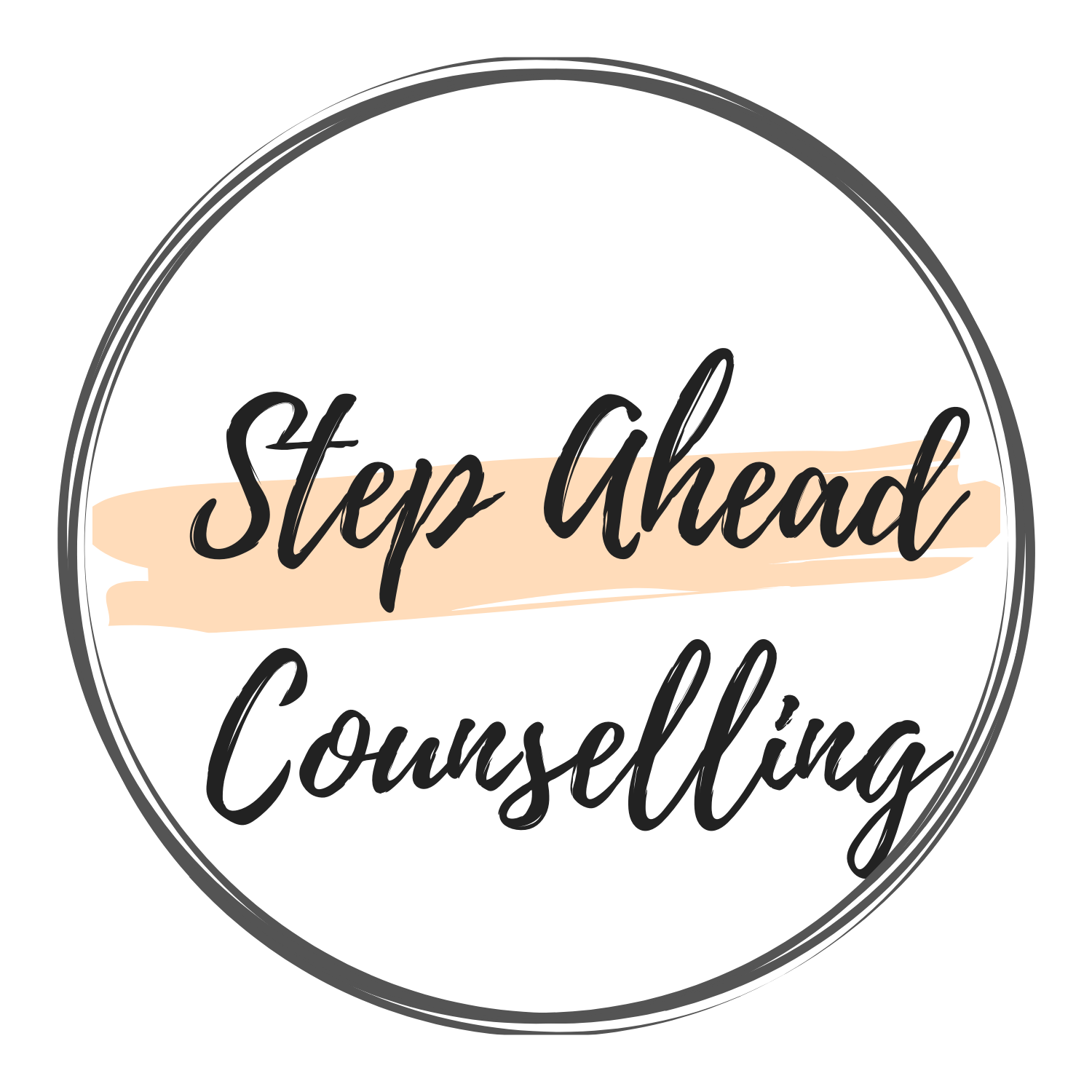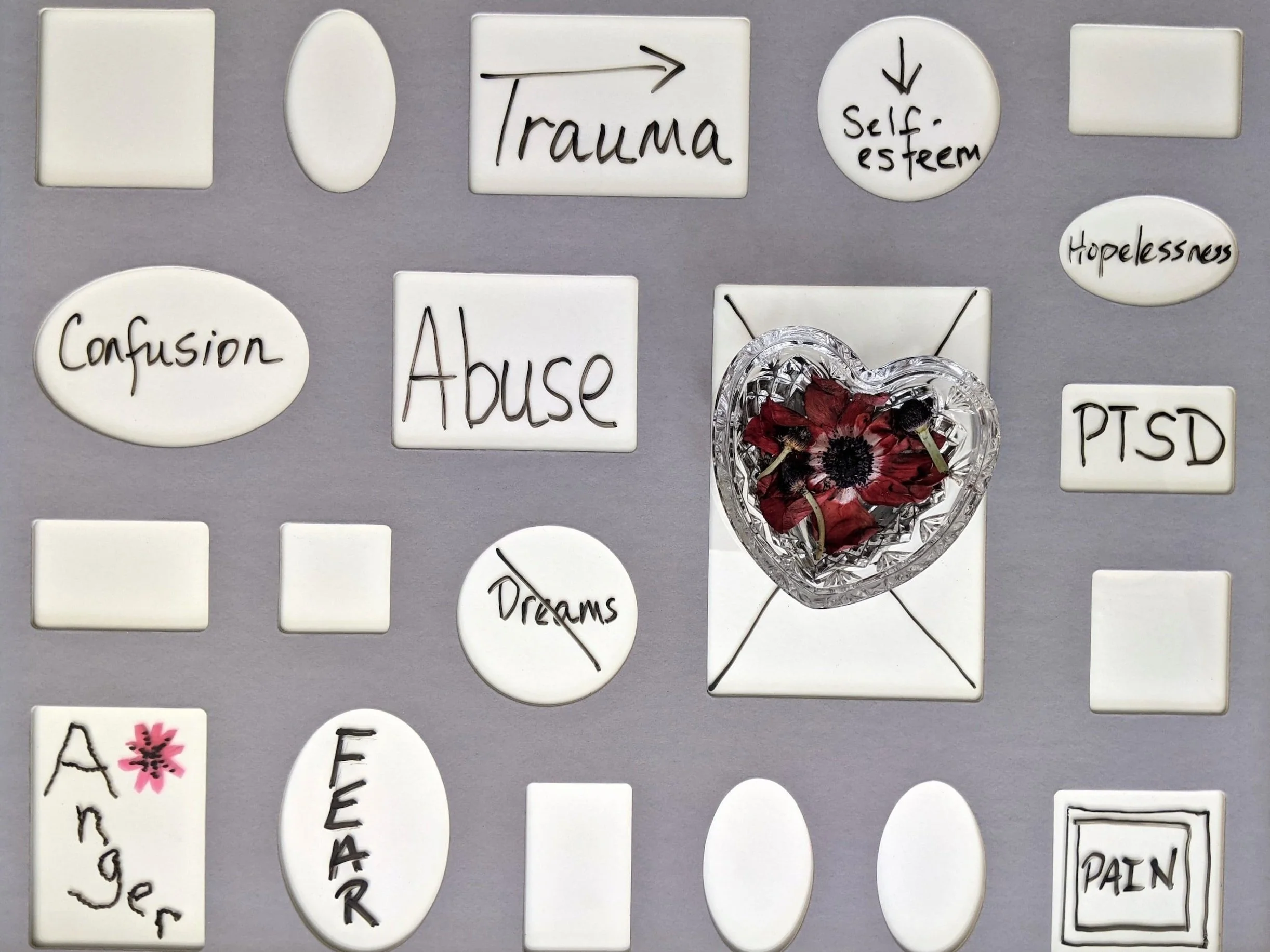Trauma, its effect and how to recover
Trauma is a response to an intensely stressful event(s) or circumstance often resulting in shock, denial, including changes in the body, mind, and behaviours. Trauma is the emotional, psychological, and physiological residue left over from heightened stress situations and can be long lasting.
Traumatic events have an effect not only on our functioning, but can also destroy an individual’s fundamental assumptions about the safety of the world and the value of self.
Experiences that may be traumatic include:
Physical, sexual, and emotional abuse
Childhood neglect
Living with a family member who has mental health or substance use disorders
Sudden, unexplained separation from a loved one
Poverty
Racism, discrimination, and oppression
Violence in the community, war, or terrorism
Effect of Trauma on children
Although trauma can occur at any age, it has a debilitating long-term effect on children’s developing brains. When adults experience trauma, their maturity helps them process the events more effectively and helps them return to a sense of normalcy.
Children can become overwhelmed with the internal reactions that race through their brains and bodies as they experience these stressful events, and do not know how to cope. To survive, they tend to shut down and push away memories of pain. In time they stop relying on relationships around them for protection, and they stop trusting and believing in others.
Early-life traumas can alter children’s young brains and result in developmental and behavioural problems.
What are the mental and physical effects of trauma?
Traumatic experiences overwhelm your capacity to cope. That same capacity is influenced by hundreds of personal variables; therefore each person’s experience of the event is unique, and everyone will respond in their own way to a traumatic event. That is why some events may have a minor impact on one person but cause severe distress in another.
During extreme stress, the body and mind become overwhelmed, engaging the nervous system’s fight, flight, freeze or fawn response. For some people the effects can be long lasting and can lead to the development of difficulties such as post- traumatic stress disorder (PTSD).
Trauma can bring about strong feelings of fear, sadness, shock, guilt, anger, or grief. It might also be difficult to come to terms with the said event and how it has changed your life. Your sleep, appetite and social habits can also be affected after experiencing trauma.
Other common symptoms after trauma include:
· intrusive thoughts, including flashbacks or nightmares
· avoiding things that remind you of the trauma, such as people, places, or objects
· hypervigilance, or being very aware of your surroundings and impending danger
· being activated by triggers that remind you of the trauma, whether consciously or subconsciously eg a loud bang might trigger a war veteran
· changes in how you view yourself, such as believing you are “bad,” or low self-esteem and feeling excess guilt or shame
· being overwhelmed easily or have difficulty controlling your emotions
· chronic pain, sleep problems chest pain, constant headaches
Coping after a traumatic event
Everyone will respond in their own unique way to a traumatic event. Some events may have little impact on one person but cause severe distress in another. The support, tools, and resources you have access to after the traumatic events can influence how you process and recover.
After a traumatic event it can be helpful to:
· Avoid negative coping skills such as substance use and risky sexual activity
· Understand that it's normal to have strong reactions to a traumatic event. Give yourself some time to recover
· Look after yourself physically; maintain a healthy diet, get regular exercise, and ensure you have enough sleep
· Talk to your family and friends about any help you might need
· Practice self-care and or do things you enjoy, such as hiking, listening to music or gardening
· Teach yourself how to relax, using techniques such as yoga, breathing or meditation
· Counselling. If you're finding it hard to cope with intense feelings or physical reactions , it might be helpful to seek professional support
Many people can heal from traumatic experiences over time. A single traumatic event does not mean you will develop post-traumatic stress disorder.
While trauma can be a normal response to a distressing situation, surviving trauma and traumatic injury can be difficult. There are ways to alleviate symptoms, you do not have to cope alone. Professional support can help with recovery, and it is possible that symptoms may escalate and become more serious, and potentially life-threatening .
Healing from trauma often involves counselling support and self-care. Counselling can help you to make sense of what has happened. For support and to learn healthy ways to cope and heal through trauma visit: Step Ahead Counselling

